In the face of an uncertain future, let's start by tending our own gardens.
Steve Shultis is a founding member of Strong Towns who blogs at Rational Urbanism. The following essay is republished from his blog with permission, and is a response to an essay we recently published by Strong Towns member Mark Dawson called, "What to do about the mess we are in."
A few months ago, one of my readers from Chicago was planning to be in the Northeast for a few days and contacted me to ask what I might recommend he do in Springfield to get to know the place. He and his family ended up stopping by the house and we had a wonderful chat. It was a wonderful feeling for me to spend time with people who were as familiar with my thoughts as I am, and who had clearly gotten to know my neighborhood from my blog and had felt as though they wanted to visit the place because of the words that I had written.
Mark, Steve and Steve's wife, Liz
Just last week that reader, Mark Dawson, wrote a letter to Strong Towns which they published. It was a marvelous articulation of many of the thoughts and concerns which I have and sometimes voice on my blog. I would ask you to read Mark’s work before moving on as my words are directly in response to his.
I am profoundly and deeply conflicted. I find myself in the most fulfilling relationship I have ever had, more economically prosperous than I have ever been, and moving forward with more ambitious long term plans than I ever have before. At the same time, a huge transformation is occurring in my community, including a combination of developments both long sought and altogether unexpected at every scale possible. But on the other hand, many people very close to me are experiencing existential crises: colleagues, family, and friends are struggling with psychological, physical, romantic, interpersonal, professional, and economic maladies from which they may never fully recover.
Any hope I had about the United States experiencing a soft landing from its imperial activities was destroyed like so many Afghan villages or Iraqi children in our belligerent response to the attacks of September 11, 2001. And the expansion of our destructive behavior in Libya and Syria spurred on by Nobel Peace Prize laureates and supposed chief diplomats (and would be “presidentas”) has merely confirmed to me that democracies often do not get the leaders they need, but they may in fact get the ones they deserve.
In other words, my cabin on board the Titanic is really ship-shape.
Years ago, I saw a horrific scene on a news program (or in the few minutes of a Faces of Death movie) which showed a man whose main and backup parachutes had become entangled. The camera followed him toward the ground until his final destination was obscured by a trailer of some sort. I noticed that he was desperately trying to disentangle the chutes all the way down, even beyond the point where doing so could possibly change the ultimate outcome. It was clear that he had determined to focus on the minutiae of the intertwined ropes rather than on the hard ground swiftly rising to meet him.
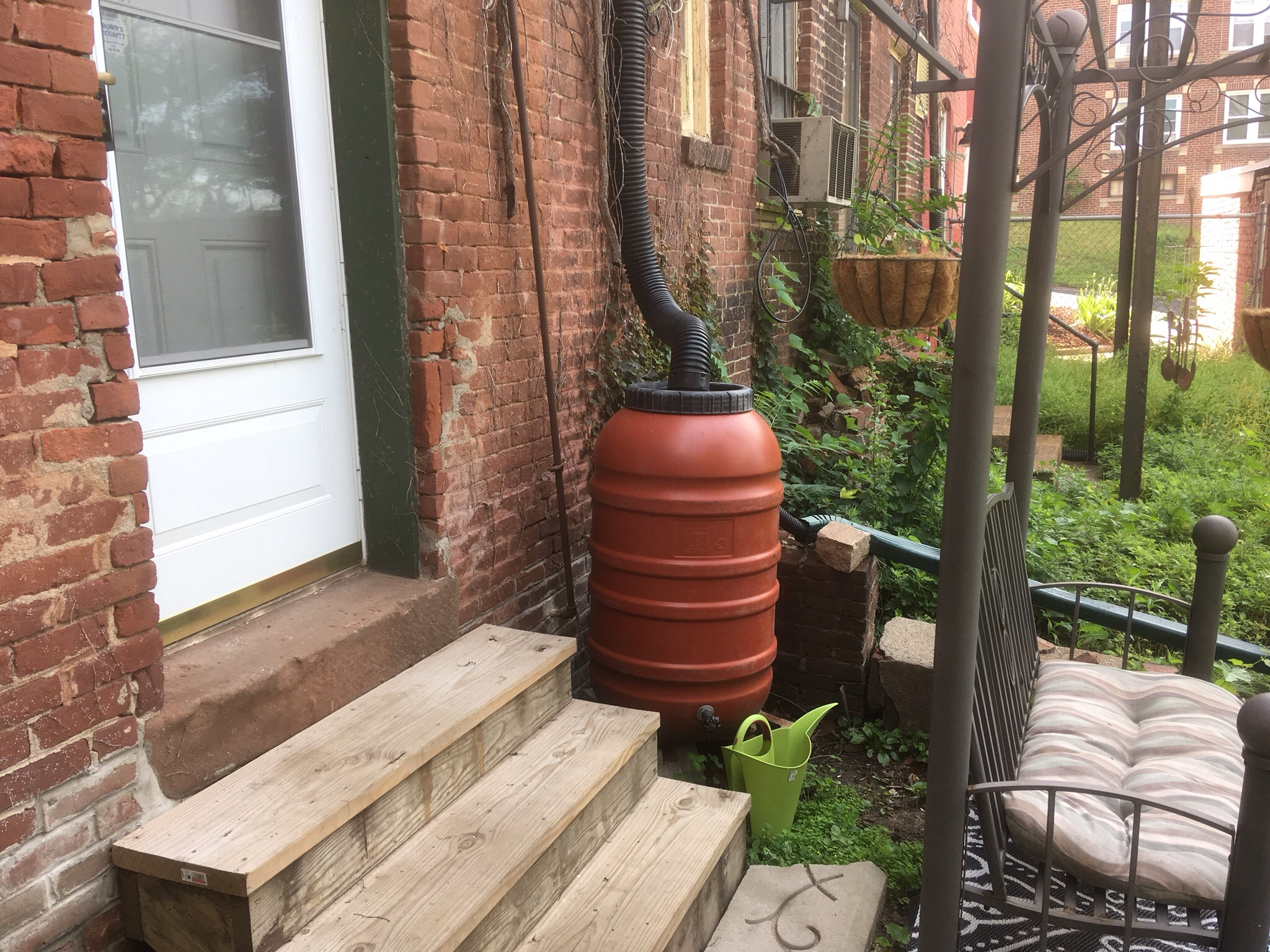
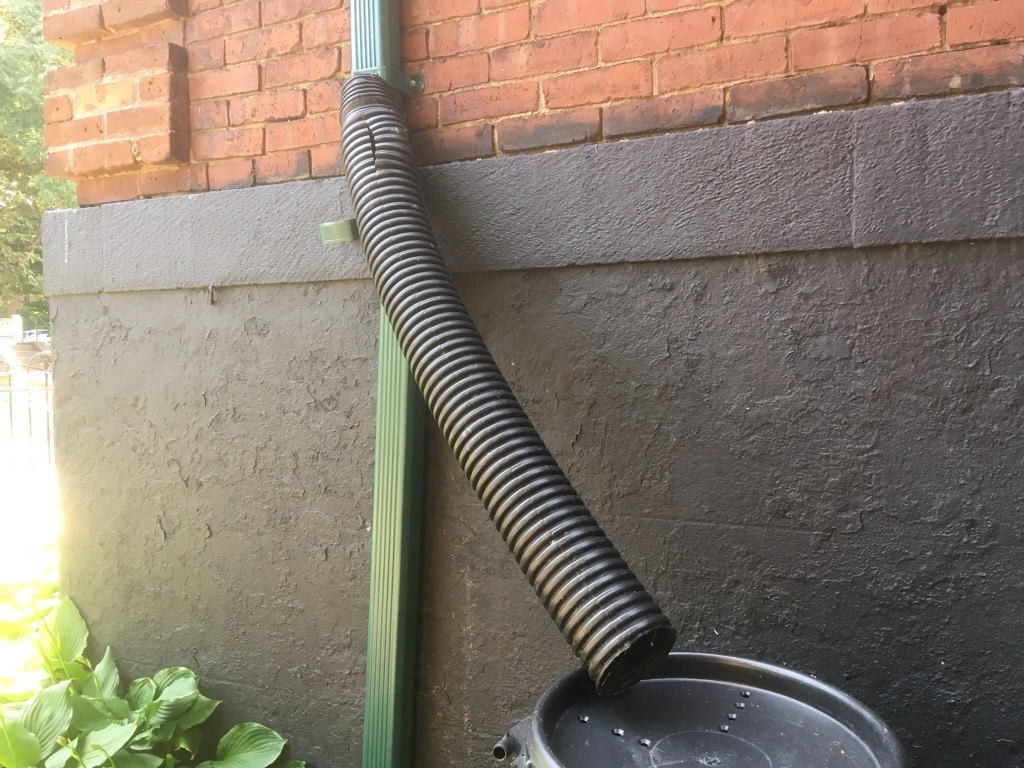
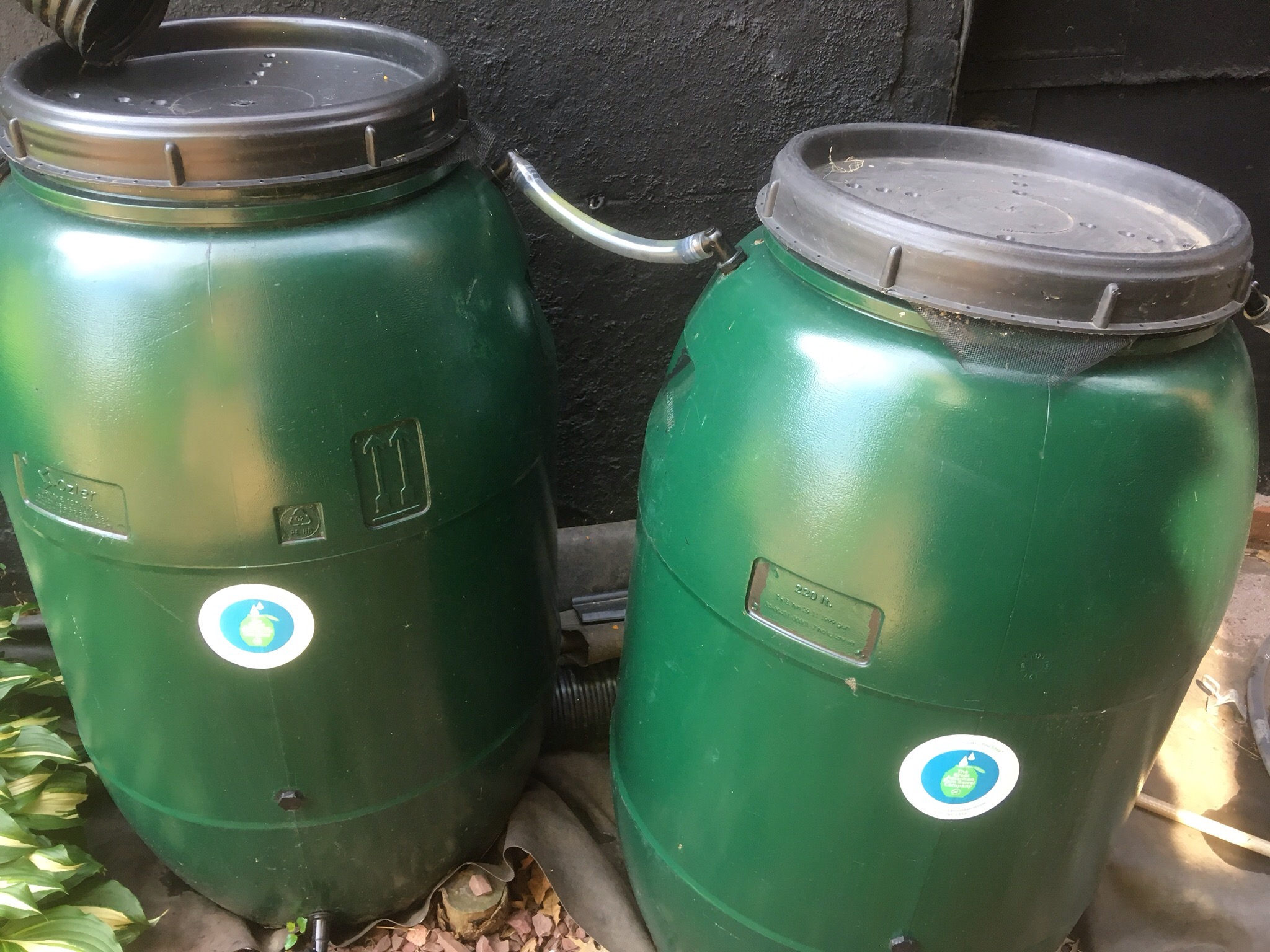
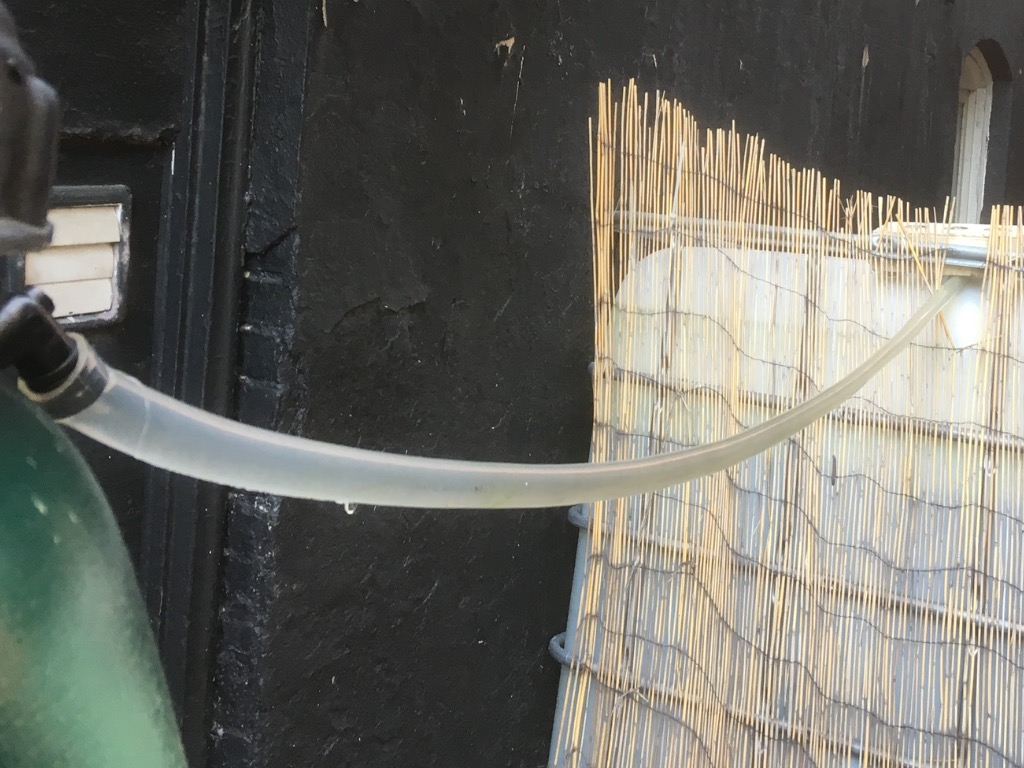
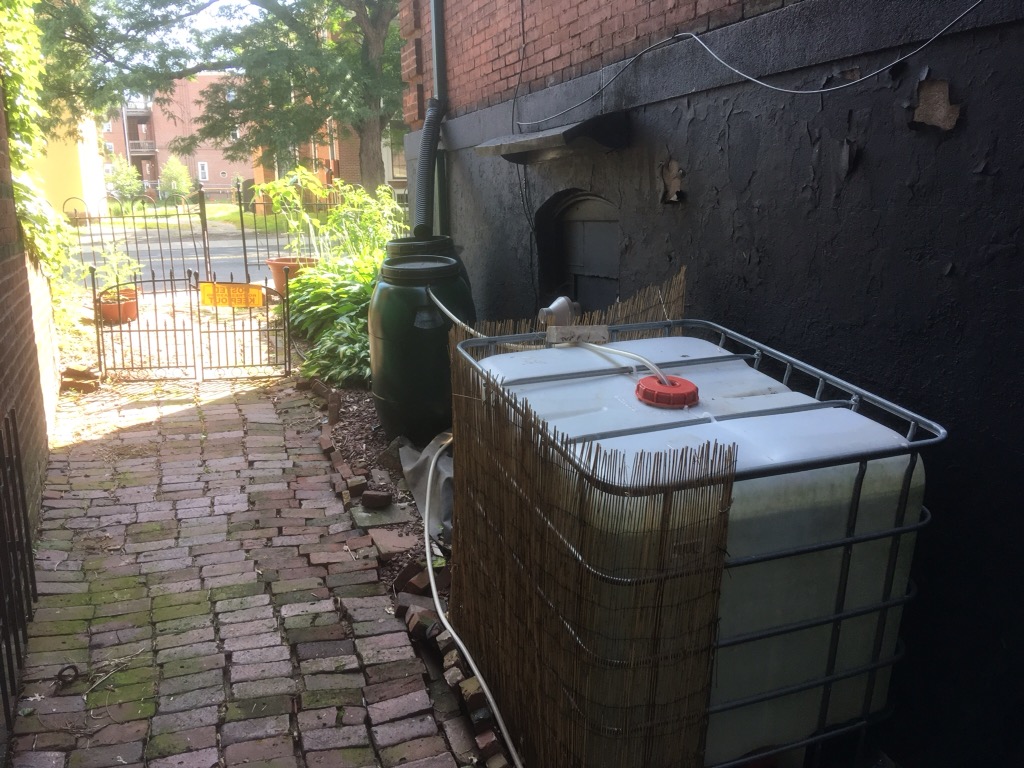
That became, for me, a metaphor for my life. As with death in the poetry of Borges or García Lorca, I know that it moves towards me unceasingly and untiringly — but I also have what time I have to occupy as I see fit, and I will choose which ropes I will work to disentangle.
The primary difference between my demise and the ultimate discontinuation of the way of life this civilization enjoys is this: my timeline is relatively well known and extremely limited. I hope to live for at least another 10 years, but it’s hard to imagine being around in another 35 or 40. By contrast, my abridged copy of Gibbon’s Decline and Fall of the Roman Empire begins many lifetimes before 476 A.D.. The denouement of American civilization could be a century hence.
What to do, then, in this Long Emergency of catabolic collapse? This epoch could turn out to be even more revolutionary than the time of Voltaire, but I would say that the Enlightenment era certainly throws down a marker for us. What was Candide’s response to the upheaval he witnessed all around him? To tend his own garden.
That, in the literal and figurative sense, is my response as well. I have just come in from watering our raised beds, our fruit trees, our grape vines, and our flowers with rain water I captured in my Rube Goldberg rainwater retention and distribution system. I’ve had fun creating that system, engineering it, and re-engineering it as it has alternately worked and failed to work. Ditto my bean can solar heater.
In my neighborhood I try to act as an urbanist philosopher gadfly. My anti-parking views are now notorious enough to be obliquely referenced by others in public venues. Some of my “crack pot” ideas have become received wisdom in much less than a decade; the primary driver may have been an overall change in the zeitgeist of professions like planning and traffic engineering, but my importuning at the local level has helped eliminate the “but we can’t do that here” barrier.
Dueling AM prostitutes as seen from my window. No. Really
I’m allocating my efforts in diminishing amounts as they recede from my living room. Springfield is sufficiently entangled in problems and crises to keep me as occupied as I choose to be for as long as I choose to be so occupied. Already my interests only grudgingly spread beyond my three proximate neighborhoods: Downtown; The South End; and Six Corners.
Enough children are separated from parents just a block from my house, enough violence occurs, enough drug abuse, human trafficking, and poverty exist within sight of my front doorstep to keep me busy. Opportunities to promote local food production, a walkable neighborhood, reduce carbon emissions, and improve transit afford me a chance to make a difference right here if I elect to do so.
The destiny of America and of industrial society is probably set, but that of my town and my region in my lifetime, and perhaps in that of my children is not; at least I choose not to believe it to be so… as I continue my own personal… descent.
(All photos by Steve Shultis)





Cleveland’s “richest poor neighborhood” is empowering its neighbors to help each other.